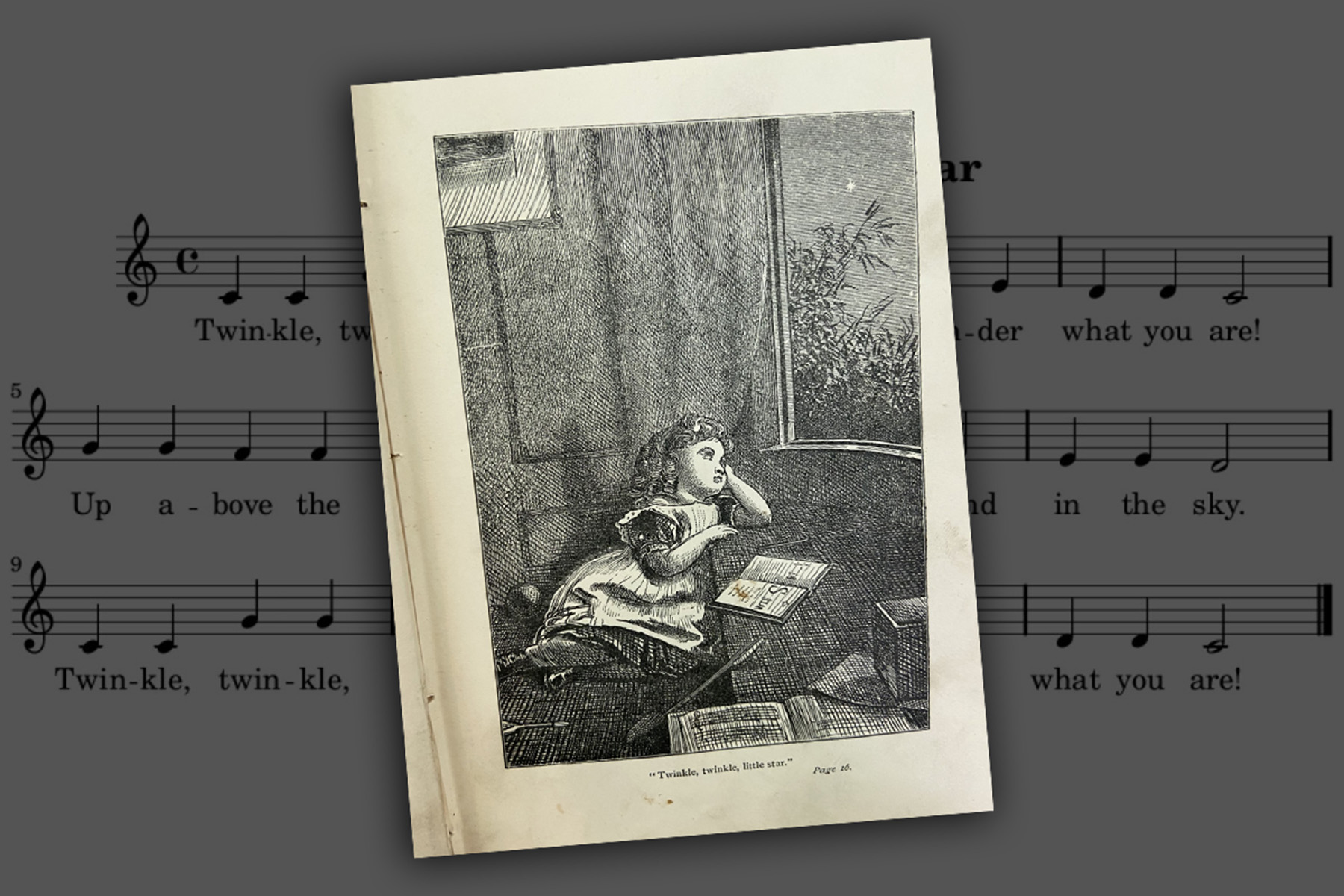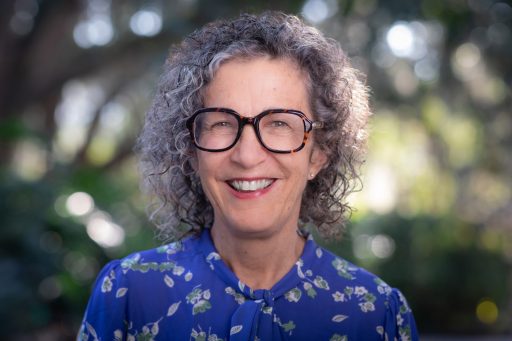
How do you tell the story of a poet whose most famous work has been sung by nearly every child but whose name has faded into obscurity? Florida State University Professor Judith Pascoe is about to find out.
With a $60,000 grant from the National Endowment for the Humanities (NEH), Pascoe is shining a spotlight on Jane Taylor, the poet behind “Twinkle, Twinkle, Little Star” in a new biography she’s writing titled “Twinkle, Twinkle: Female Literary Ambition, Male Genius, and the Most Famous Poet You’ve Never Heard Of.”

Pascoe, the George Mills Harper Professor of English in the College of Arts and Sciences, will spend the next year focusing on Taylor’s life and works and highlighting her literary contributions. With NEH grant support, Pascoe aims to bring Taylor’s story to a wider audience and emphasize the importance of recognizing overlooked literary figures.
“There’s a bigger ambition of this book that has to do with telling both the story of Jane Taylor, and a larger story about who is allowed to twinkle in the world,” Pascoe said. “It explores who is allowed to think of themselves as a person who can accomplish great things or be a literary genius, and who is encouraged to serve as an audience for other people’s brilliance.”
Pascoe’s project will dive into the life of Taylor and answer the broader question of who gets to shine in the world. It challenges the boundaries of who can aspire to greatness.
“Jane Taylor is interesting to me because it’s an odd circumstance to have somebody who has written something that literally everybody knows, but who is herself almost entirely unknown,” she said.
Pascoe’s research highlights Taylor’s impact as a female poet during the Romantic period, which extended from 1789 to 1832, and during which poetry was regarded as a prestigious literary genre.
“Dr. Pascoe is a leading authority on eighteenth- and 19th-century British literature and culture whose work has the ability to speak to a wide range of audiences, from fellow specialists to general interest readers,” said Andrew Epstein, English Department chair. “This is why it is so fitting that her book in progress has been recognized with this Public Scholars award. She has a masterful ability to communicate complicated ideas about literary works and authors from the past in a way that is accessible and compelling without being oversimplified, which is also why Dr. Pascoe is such a wonderful and sought-after teacher.”
There’s a bigger ambition of this book that has to do with telling both the story of Jane Taylor, and a larger story about who is allowed to twinkle in the world. It explores who is allowed to think of themselves as a person who can accomplish great things or be a literary genius, and who is encouraged to serve as an audience for other people’s brilliance.
— Judith Pascoe, George Mills Harper Professor of English
The NEH Public Scholars Program supports the creation and publication of well-researched nonfiction books in the humanities. These books must be written in a style that appeals to a broad range of readers.
“The whole point of this grant is to make research in the humanities interesting and exciting to people who are not academics, to curious general readers,” Pascoe said. “This research project conveys the long history of an ongoing tendency to make smaller claims for women’s writing than for writing by men. It has been enriched and informed by experiences I’ve had with FSU colleagues.”
Pascoe joined the FSU faculty in 2017 after teaching at the University of Iowa. She teaches classes at FSU on 18th- and 19th-century- literature and culture, with special attention to collecting history and theory, media theory and Gothic literature.
She was a Japan Fulbright Lecturer in 2009-10, was named a Guggenheim Fellow in 2012, and was part of the FSU team awarded an NEH grant for “Data Repository Infrastructure for Prosopographic Data” in 2020.
She credits multiple FSU resources for supporting her throughout this project, including the Strozier Library’s extensive children’s book collection and the George Mills Harper Professorship, which helped fund research trips to archives in Canada and England.
“This award is yet another sign of the exciting, cutting-edge and nationally recognized scholarship being done by the distinguished faculty in the English Department at FSU, and we couldn’t be prouder of and more excited for Dr. Pascoe,” Epstein said.
For information on opportunities like the NEH grant, visit the FSU Office of Research.




